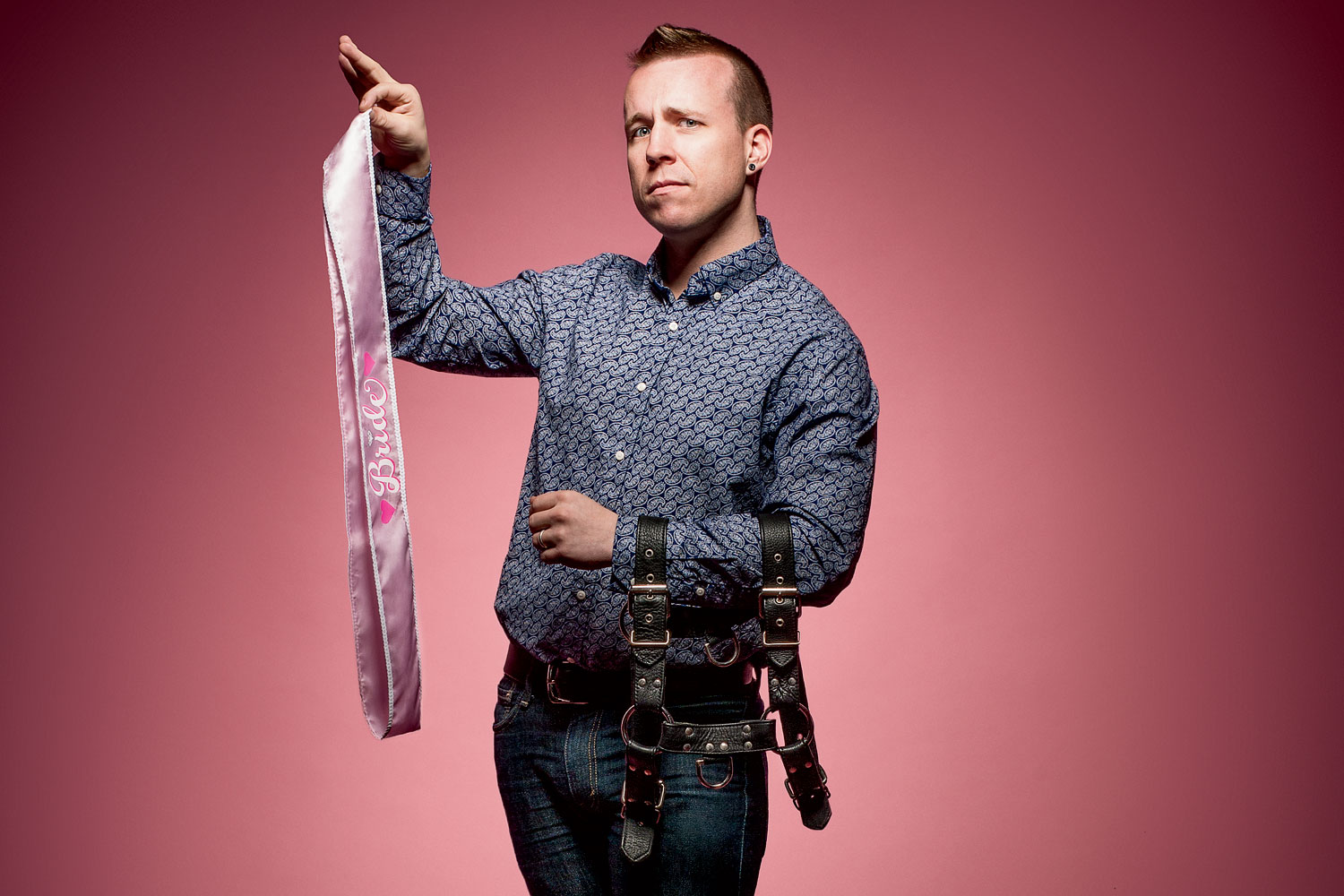In Boystown: Sex and Community in Chicago (out later this month), Drexel University sociology professor Jason Orne explores the changing culture on Halsted Street.
How did Chicago’s Boystown transform into, as you write, “a petting zoo” for “straight women on safari”?
As gay people have gotten more accepted in society, Boystown’s business owners fear that gay men don’t really need to go to Boystown anymore. So they encourage another constituency that has money—straight white women, largely—to come to these bars.
So what’s the problem?
There’s a reason why straight women want to come to these spaces—because they’re more sexually open and free than straight bars. But then they desexualize them because they have a touristy way of looking at them. And that changes the culture.
What’s wrong with gay-friendly straight women looking for a safe night out?
It’s more about their attitudes than their demographics. These bachelorette parties don’t appreciate or even realize there’s another purpose of the space besides their own enjoyment. So they end up objectifying the people there, rather than trying to learn or build community. Sometimes it’s the role of people in the majority to say, “That space isn’t for me.”
What do gay people lose as a result?
We learn from the spaces we hang out in. And Boystown bars now have more traditional sexual values. If you’re a young gay man coming into them these days, you learn what some researchers call homonormativity: “Normal” gay men get married and settle down. But when they investigate other gay spaces—what I call sexy communities—they realize there are other options out there.
What do you mean by “sexy communities”?
They are hybrid social-sexual spaces where people could be flirting or could be actually having sex. When people are in this atmosphere, they feel a greater sense of connection and intimacy with each other.
What’s an example of that?
Jackhammer, [a club] in Rogers Park. Unlike places in Boystown, the communities there support each other outside of the bar. That’s because they’ve been bound together through the experience of walking downstairs and doing something that outside society might consider wrong: getting drunk and maybe having [oral sex] in the backroom.
What would you like to see Boystown become?
My ideal scenario is to integrate the sexiness back into the neighborhood. And if we want to keep these cultural spaces alive, we [gay men] have to spend our money at them.



